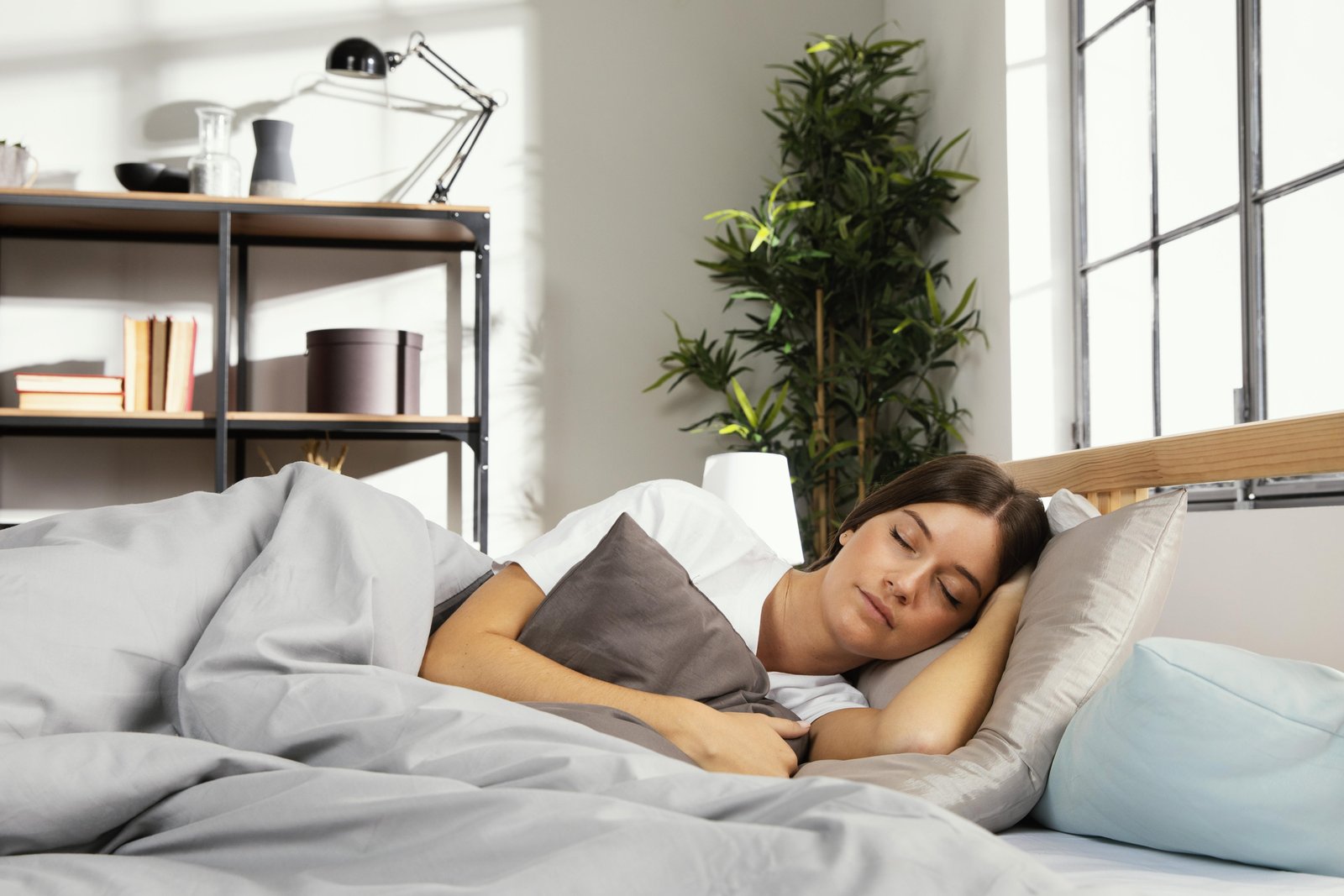Quality sleep can help with physical and mental well-being. Researchers now say that better sleep health could also help people overcome feelings of loneliness.
Loneliness was declared a public health concern in a 2023 advisory from the U.S. Surgeon General. The report emphasized that even before the pandemic-induced social isolation, one in two Americans experienced loneliness. Loneliness is also associated with elevated risk of cardiovascular disease, dementia, stroke, depression, anxiety, and premature death.
A recent study published in the journal Sleep explored the connection between loneliness and sleep health among 2,297 adults with an average age of 44 years. Participants completed a questionnaire addressing their sleep health and feelings of loneliness. The researchers then analyzed the results using correlation and linear regression analyses, as well as moderation analyses.
The results indicate that better sleep health was associated with lower total and emotional loneliness across ages, particularly for younger adults. However, the association between sleep health and social loneliness was not moderated by age.

“Loneliness is an urgent public health crisis, and there is a pressing need for providers to better understand and treat it. Our results highlight the important role that sleep plays in understanding loneliness across the adult lifespan. Perhaps efforts to improve sleep health could have a beneficial effect on loneliness, especially for young people,” Joseph Dzierzewski, lead author of the study, said in a news release.
Based on the study findings, the researchers advocate for efforts and programs aimed at reducing loneliness to also focus on promoting sleep health, particularly among younger adults.
“Results suggest that younger age groups may be more prone to the positive effects of better sleep health on loneliness, especially emotional loneliness, compared to older age cohorts. Promoting sleep health may be an untapped avenue to support efforts and programs that aim to reduce loneliness and increase engagement in all age groups, but especially in younger ages. Future research should consider monitoring sleep health in programs or interventions that address loneliness,” the researchers concluded.
However, the study has not examined why the beneficial effects are more pronounced in the younger generation. “Why younger adults might experience more sleep-related benefits to loneliness than older adults is unknown and intriguing — certainly worth further investigation,” Dzierzewski said.










